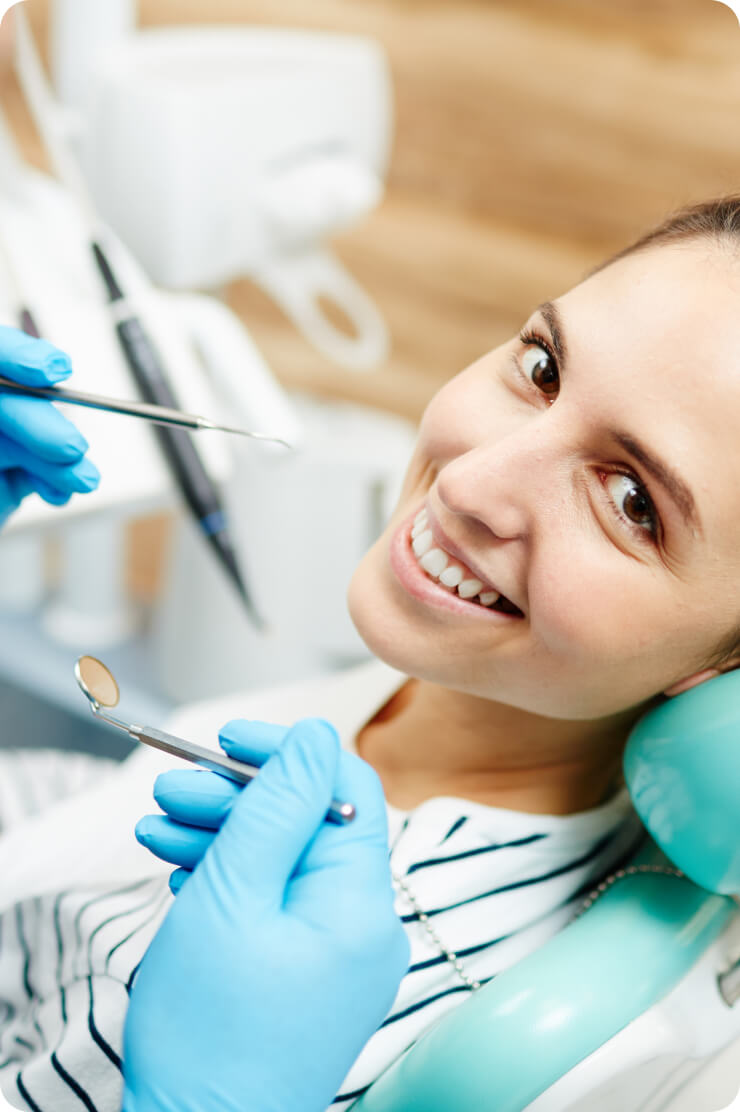
We are 5 dental clinics in the Portland metro area that enhance the beauty and health of your smile. If you already have a great smile, we’ll make it better. And if you don’t, we’ll make it happen – with a comprehensive range of modern and innovative practices. At TenderCare Dental, we go further.
New patients can download, print and complete our patient forms and bring them to your first appointment.
Our team of Portland dentists and dental care professionals offer tender and gentle dental care for every member of the family.
We offer general dentistry to help our patients maintain healthy teeth, prevent oral health issues and restore overall dental health.
Our Doctors and staff take pride in delivering the personalized dental care that you deserve. We have dentists in Portland, OR and the surrounding.
TenderCare Dental provides a highly trained and motivated team in the Portland area to make your dental experience as pleasant as possible. Our Portland dentists offer tender, gentle care for all members of your family. Children and the elderly are always welcome here. At TenderCare, our focus is on providing a friendly, welcoming place where you’ll always feel comfortable.


I would not consider going any where else. Going to my appointments at this location is like having dinner with a fine friend. The entire staff are very cordial and professional! I feel very relaxed and in good hands each and every appointment!
CANDICE F.
Tigard Tendercare has been our family’s provider of dental hygiene and maintenance services for 15 years. We have always had the best of care and enjoyed friendships with all the staff we interact with. They are the best.
CHRISTOPHER J.
I needed a dentist after moving up to Portland, and didn’t know where to go. I found this using google maps and couldn’t be more pleased. Great staff, friendly, and quick. They even fixed a chipped tooth for me without having to make a new appointment!
TAYLOR B.
Use our convenient, secure online form to schedule an appointment for you or your family at one of our locations. Our Portland, OR dentists have locations throughout the metro area.
(503) 629-8005
(503) 670-7088
(503) 357-0004
(503) 647-0055
(503) 747-3409